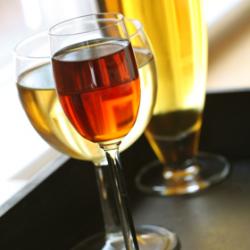Heavy binge drinkers are unfussy when it comes to alcohol type and drink in a wide variety of locations, according to new research by NDARC’s Drug Policy Modelling Program.
The research has for the first time classified young weekend drinkers into seven distinct drinking types . The results suggest that policies which target specific beverage types or specific drinking locations are unlikely to be as effective as a more broad brush approach which puts alcohol prices up across the board.
Research associate Dr Matthew Sunderland from the Drug Policy and Modelling Program at NDARC surveyed nearly two thousand 18-30 year olds – all of whom had used alcohol and/or illicit drugs in the previous 12 months – about their drinking behaviour during their most recent Saturday night out. He found that this sample could be classified into seven groups from those who did not drink at all through to those drinking heavily on a single occasion.
On average the heaviest drinkers consumed 21 standard drinks between 6pm – 6am, drank cheap alcohol, many kinds of alcohol, and at multiple locations. Nearly half of the sample drank in private locations or restaurants. As well many of the binge drinkers had a history of problem drinking, suggesting that alcohol policies would have to be coupled with strategies to reduce alcohol dependence.
Dr Sunderland said these findings suggest heavy drinkers are able to circumvent policies that target a particular kind of alcohol or drinking location.
"These drinkers consumed a bit of everything on the Saturday night – beer, wine, spirits, and ready-to-drink alcohol. If the price of one type of alcohol goes up, it appears they could shift to drinking another type. To stop risky drinking, a policy that adjusts prices across all types of alcohol may be more effective that a policy that targets just beer, for example. It would minimise the capacity to substitute cheap drinks for pricey ones," Dr Sunderland said.
The unique research is part of a larger Australian Research Council funded project led by Dr Jennifer Chalmers which is looking at the impact of price on young Australians’ drinking and drug use.


